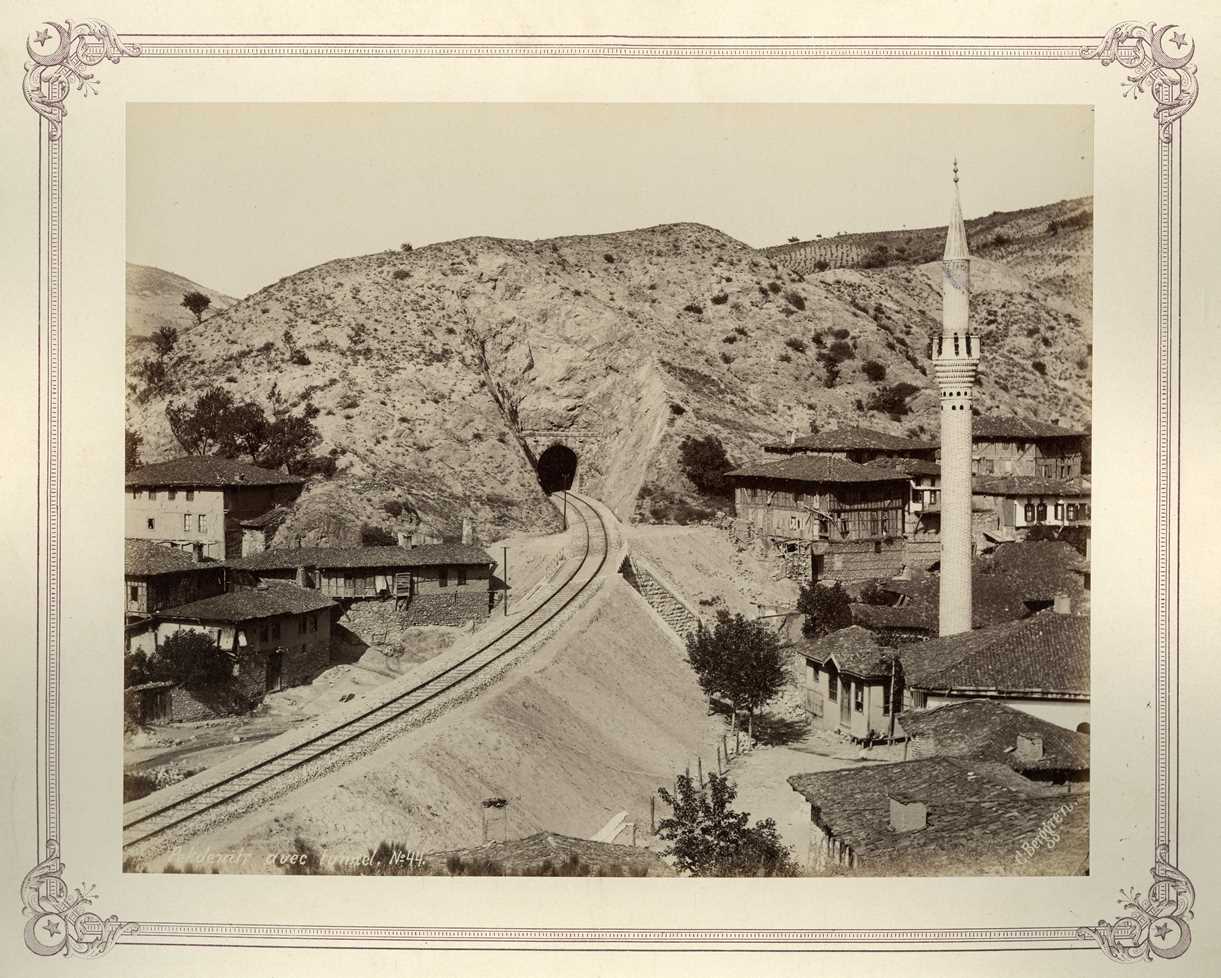This talk will demonstrate the power of ambiguity in architectural and material culture through an instructive case study: the architecture of the Ottoman railway network and the buildings designed by the railway network’s German engineers. Generic prefabricated building plans modeled on the German Heimatstil and designed by German architects in Frankfurt were, in the earlier years of the network’s development, deployed to remote sites within the Ottoman empire and adapted in situ by Ottoman laborers. German engineers implementing these designs, supervising an ever-shifting multiethnic labor force, did their best to reconcile the generic blueprints with the specific work site.
The Art of Infrastructure: The German Construction of the Ottoman Railway Network
Peter H. Christensen (University of Rochester/ Art Histories Fellow 2016/17)
Forum Transregionale Studien, Wallotstr. 14, 14193 Berlin

Meanwhile, the laborers reviewed the blueprints, performing their own form of reconciliation. By virtue of their own notions of what a building should look like, the laborers brought to these buildings their own circumscribed authorial “fingerprints”, an idea which this talk will problematize vis-à-vis the field of biometrics and its digital technologies. More generally, this talk will examine the opportunities that the digital humanities affords the creation of new types of evidence in the study of architecture and architectural history that serve to challenge ideas of solitary authorship.
Peter Christensen is Assistant Professor of Art History at the University of Rochester. His specialization is modern architectural and environmental history. His book Germany and the Ottoman Railway Network: Art Empire, and Infrastructure is forthcoming from Yale University Press. Peter received his PhD and MDesS from Harvard University and BArch from Cornell University. He is the recipient of the Philip Johnson Book Award (2010) from the Society of Architectural Historians and grants from the NEH, Fulbright Foundation, and DAAD, among others. Peter’s writing has appeared MUQARNAS, JSAH, and IJIA, among others.

